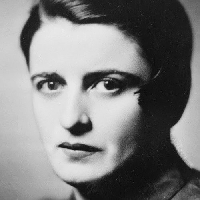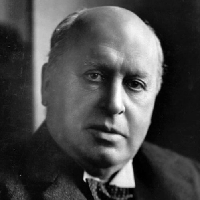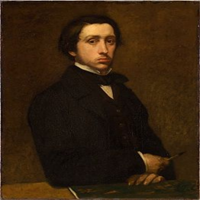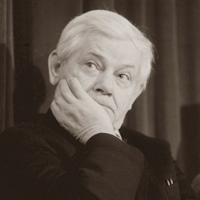C. S. Lewis MBTI Personality Type
Personality
What personality type is C. S. Lewis? C. S. Lewis is an INTJ personality type in MBTI, 1w9 - so/sp - 145 in Enneagram, RCOAI in Big 5, LII in Socionics.
“ My argument against God was that the universe seemed so cruel and unjust. But how had I got this idea of just and unjust? A man does not call a line crooked unless he has some idea of a straight line. What was I comparing this universe with when I called it unjust? If the whole show was bad and senseless from A to Z, so to speak, why did I, who was supposed to be part of the show, find myself in such violent reaction against it? . . . Of course I could have given up my idea of justice by saying it was nothing but a private idea of my own. But if I did that, then my argument against God collapsed too -- for the argument depended on saying that the world was really unjust, not simply that it did not happen to please my private fancies. Thus in the very act of trying to prove that God did not exist -- in other words, that the whole of reality was senseless -- I found I was forced to assume that one part of reality -- namely my idea of justice -- was full of sense. Consequently atheism turns out to be too simple. If the whole universe has no meaning, we should never have found out that it has no meaning: just as, if there were no light in the universe and therefore no creatures with eyes, we should never know it was dark. Dark would be without meaning. “ ~ C.S. Lewis Brilliant statement and this is a near perfect example of both Ni and type 1. I can’t help but think about this quote and the impact it must have on people’s perception of both reality and God.
Biography
Clive Staples Lewis (29 November 1898 – 22 November 1963) was a British novelist, poet, academic, medievalist, literary critic, essayist, lay theologian, broadcaster, lecturer, and Christian apologist. He held academic positions at both Oxford University (Magdalen College, 1925–1954) and Cambridge University (Magdalene College, 1954–1963). He is best known for his works of fiction, especially The Screwtape Letters, The Chronicles of Narnia, and The Space Trilogy, and for his non-fiction Christian apologetics, such as Mere Christianity, Miracles, and The Problem of Pain.
Related Personalities

J. K. Rowling
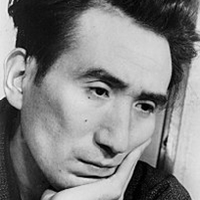
Osamu Dazai
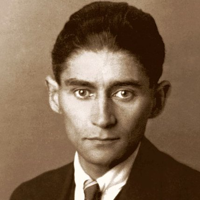
Franz Kafka

George R. R. Martin

Robert Greene
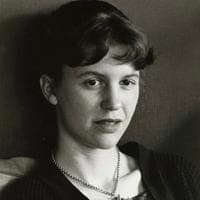
Sylvia Plath
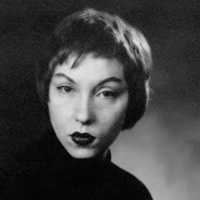
Clarice Lispector
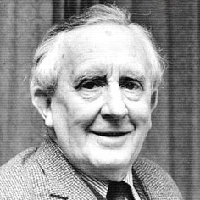
J. R. R. Tolkien

